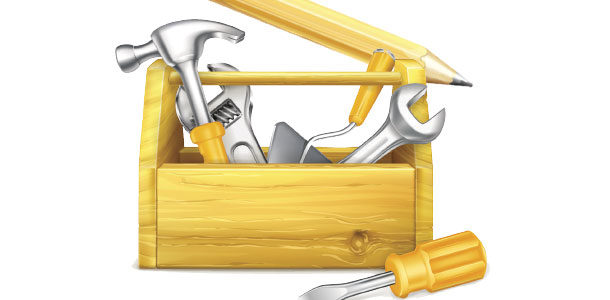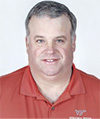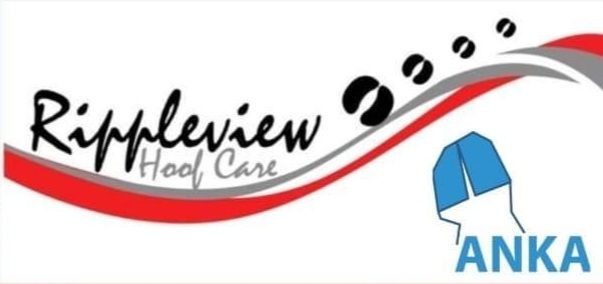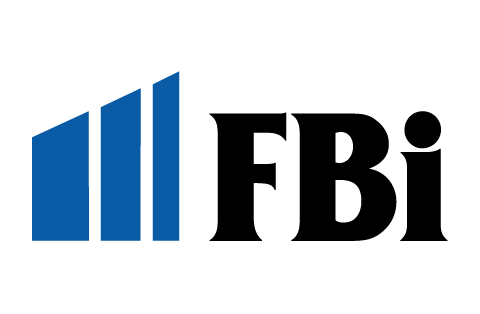What is the most important tool on the farm? A friend of mine answered that question at a local school career day by saying his pencil was his most important tool. A great answer in a time when agricultural literacy among the general public is so low and respect for our food producers follows suit. I beg to differ to some extent. To me, the mind is the more important. The pencil simply records the thoughts of the person holding it. Case in point, my last submission to this column had an egregious math error on my sprayer calibrations.
I miscalculated a spray mix to need 75 ounces of chemical instead of the correct amount of 62.5 ounces. In this case, my pencil failed me – or more correctly, I failed it! It just goes to prove that everyone is capable of mistakes, and there is always a need to stop, think and re-think.
Tools are great things. There are some very impressive collections around, for those of you like me who never met a tool that you didn’t need (or might need in the near future). The investment in the tool box (even the boxes themselves) can be substantial.
My high school guidance counselor once remarked about the seemingly endless set of tools Dad collected in 25 years as a tractor mechanic and another 15 as a dairyman. I replied that, in theory, you had every tool you needed to rebuild an engine in a single adjustable wrench, but the practical side of trying that was a bust.
In the case of new tools, it seems that every day there is a new gizmo or gadget that comes out promising to replace every other tool in the toolbox. Some are really pretty neat and ingenious, but I also know that some jobs just call for a tool that is not “one size fits most.”
Sockets are a great example. If you use air tools as much as I do, a good set of well-made six-point impact sockets are a must. Over the years on our farm, a regular socket would find its way onto the “fighting end” of the ½-inch-drive impact wrench, and I still have a collection of cracked or fully split sockets to prove this. If any of you are interested in starting your own collection, I would be happy to send you some seeds.
So a set of impact sockets would be all I need, right? Unfortunately, no. Impact sockets are sometimes too heavily built to fit into certain places. The more slender regular sockets can slide in and do the job. There are also applications where an air impact wrench just isn’t a good idea.
I was 16 when I found this out the hard way. I was fitting my car with a new set of front brake pads. The new pads were in place and the caliper was repositioned. All I had to do was tighten the single bolt on the bottom of the caliper to hold it in place, and I was done. Since I was getting along so well, the impact would sure make tightening that thing quick.
It tightened it all right. It wrung the bolt off right at the base of the caliper, and I spent the next hour on another first – my first use of a drill and easy-out to back out a broken bolt.
Speaking of screws and bolts, a must for your shop is a good tap and die set. I use my set weekly to straighten threads and to realign bolt holes. They also are a great way to clean an older bolt and help it fit more properly.
While they may seem multi-purpose, hammers have specific uses as well. My little brass hammer is great to not make a mess of repairs, and a rubber mallet is sometimes handy for even more delicate work.
The saying of “get a bigger hammer” is true, too. There are just some jobs that require more force to get the job done, and frankly, pecking away furiously with a too-light hammer only serves to swell the end of the object at its point of contact, sometimes making the repair impossible.
The endless list of specialty tools is only surpassed by the endless list of tasks on the farm. Selecting the right tool for the job is more important than ever as repair/replacement costs skyrocket.
My best advice is to continue to remember that the sharpest tool on the farm should always be the mind of the operator. Sharp operators plan their work, check their effectiveness, own any mistakes made and try not to repeat the error. PD
Andy Overbay holds a Ph.D. in ag education and has more than 40 years of hands-on dairy and farming experience.

Andy Overbay
Extension Agent
Virginia Cooperative Extension







